Friday, March 04, 2022 / 10:21AM / by FDC Ltd / Header Image Credit: AllAfrica
The National Bureau of Statistics in a power sector data review revealed that generators (diesel, petrol, and gas) provide 48.6% of the electricity consumed by both households and businesses across the country. This means that the country's electricity sector is fast becoming degenerate as 12 in every 25 Nigerians make use of generators, spending about $16 million to fuel only 14 million of these generators annually. The evidence is very striking, in that in an estate, or commercial real estate area, almost all buildings/flats have generators.
The data also explains that about 97.2 million of Nigerians total population (200 million) have generators. Meanwhile, the national grid satisfies only 51.2% of the country's power needs, with 60% consumed by residents, and manufacturers are largely self-reliant. The World Bank also stated that businesses in Nigeria are set to lose about $29 billion annually due to unreliable power supply. Electricity in Nigeria Issues, Solutions and Risks
Current state assessment
Over 80% of the 28.9 million households in Nigeria do not have access to electricity generated from the national grid. The reasons for this deficiency include inadequate investments and a wide infrastructure gap.
The country's power generation is mostly thermal (80%) and hydro (20%) with an installed capacity of about 12,522MW2 while at least 40,000MW is needed to meet the country's electricity demand. However, monthly, the national grid struggles to provide a little over 4,200MW, which is 66.46% and 89.5% below the installed and potential capacity. More so, the government privatized 11 electricity distribution companies and 6 generating companies while retaining 100% ownership of the Transmission Company of Nigeria (TCN). Interestingly, Nigeria, which has the lowest electricity consumption per capita in Africa, supplies power to the Republic of Benin, Congo and Niger under the West African Power Pool (WAPP) agreement for ECOWAS countries.
Meanwhile, the federal government has decided to gradually implement reforms in the power sector, in a bid to access more funds from the international community and multilateral agencies like the IMF and World Bank, stimulate growth in the sector, upgrade transmission and expand access to electricity. The reform comes in the form of cost reflective pricing. While this has its immediate pitfalls, the medium to long term perks are undeniable. However, there are underlying structural bottlenecks including policy uncertainty, labor union issues, poor maintenance, weak implementation and monitoring culture, and sadly abandonment that have made these specific reforms in the power sector unable to yield the desired result -which is increased private investments.
Business confidence is low, and investors are skeptical about the Nigerian economy. Erratic and unexpected changes in government policies without adequate checks and balances due to weak institutions play a huge role in tapering investment inflows into this sector, hence providing a bleak outlook for the country's capacity to achieve nationwide electricity any time soon. However, if these issues are addressed in a timely and efficient manner, there is light at the end of the tunnel.
Power Sector Issues and Implications
Electricity is a necessity. For households, businesses, organizations and even government parastatals to run efficiently adequate power supply is extremely important. Some of the major issues affecting the sector include:
· Low investment: This is a major problem plaguing the sector and it is driven by policy uncertainty, lack of transparency, poor monitoring and implementation, inefficient industry practices and most importantly an unregulated market. Investors need to be assured that prices will reflect their cost of operations. The government has taken steps towards ensuring cost reflective electricity prices and the expectation is that it will continue, further improving investor confidence and appetite towards the power sector. The immediate impact of cost reflective electricity prices is an increase in living costs for consumers. However, in the medium term, ceteris paribus, power supply will increase and become more reliable.
· Self-generation for power. This ultimately increases the operating costs for both households and businesses. If this continues, the probability of an increase in divestment of resident businesses to other friendly African countries in the face of the African Continental Free Trade Agreement poses a huge threat to the Nigerian economy in form of loss of output, investment and job opportunities. Nigeria is still the poverty capital of the world with over 40% of its young population unemployed.
· Inadequate infrastructure and unskilled personnel: For the power sector to be more efficient in power transmission and distribution, the government needs to heavily invest in high grade infrastructure and training of industry personnel. This will substantially expand the power transmission network and capacity, allowing distribution companies to improve reliability and supply to consumers. Meanwhile, any delay on this will keep widening the supply deficit in the sector especially as the country's population climbs. Power sector issues and implications Some
Solutions
· Investments: Increased investments in smart grid technology, electricity equipment and provision of adequate energy storage facilities will significantly support the country's electricity generation. Nigeria currently imports a large percentage of its electricity equipment due to low output and expertise. More so, the government can support active players in the sector/industry through partnerships and granting of tax incentives that will bolster growth and output levels.
· Increased government funding and transparency: The best place to start is by making substantial provisions for the sector in the budget for the fiscal year, rather than heavily depend on borrowings and handouts from multilateral institutions that could worsen the country's debt profile. In addition, transparency in government practices within the sector that will in turn stimulate investment and taper investor skepticism are imperative. Beyond addressing infrastructural issues, there is need for strong institutions to checkmate government policies to reduce uncertainty and increase business confidence. Also, the government needs to encourage local business that could provide raw materials needed within the sector as this would reduce import costs and support government revenue.
Risk Matrix
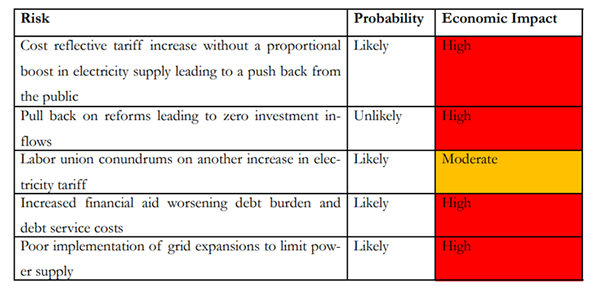
Climate change & renewable energy
As the world progresses, it is almost impossible to speak on issues concerning electricity generation without highlighting climate change. A good number of countries are transitioning towards renewable energy for electricity to achieve set environmental health targets, meanwhile, Nigeria is still lurking behind trying to decrease estimated billing and manage the increasing use of generators. At the COP26 climate conference that happened in 2021, the Nigerian government amongst 9 many other emerging markets pledged to cut carbon emission to net-zero by 2060. Also, the government launched an ambitious and interesting paper: the Renewable Energy Master Plan aimed at increasing the country's renewable energy mix by at least 13% by 2015, 23% in 2025, and 36% by 2030. Sadly, with almost half of the nation's population using generators, the climate change and renewable energy goals will likely not be achieved by the set dates. However, what we will see in the meantime, is an increase in the efforts of the power sector operators to increase renewable energy sources.
Conclusion
Nigeria's power problem offers the country an opportunity to adequately tackle long lasting challenges and boost economic growth and development. The country will require significant investments to achieve reliable power supply in the short to medium term. The estimated amount needed is about $100 billion over the next 20 years. The government also needs to hasten its steps to close the metering gaps as about 50% of the total population is still on estimated billing. The faster and efficiently these take place, the more the increase in investor appetite towards the sector. If Nigeria is ready to do the hard work of successfully implementing reforms, investors are willing to actively participate in the power sector through partnerships, joint ventures, training of personnel and building of transmission and distribution infrastructure. The unique factor is that Nigerians have proven to adapt to situations quickly. Therefore, if they are assured of improved and reliable power supply, they will likely pay more. The government just has to do its part first and it starts with addressing the numerous issues pervading the sector and affecting output.
 Lagos, NG • GMT +1
Lagos, NG • GMT +1











 193 views
193 views
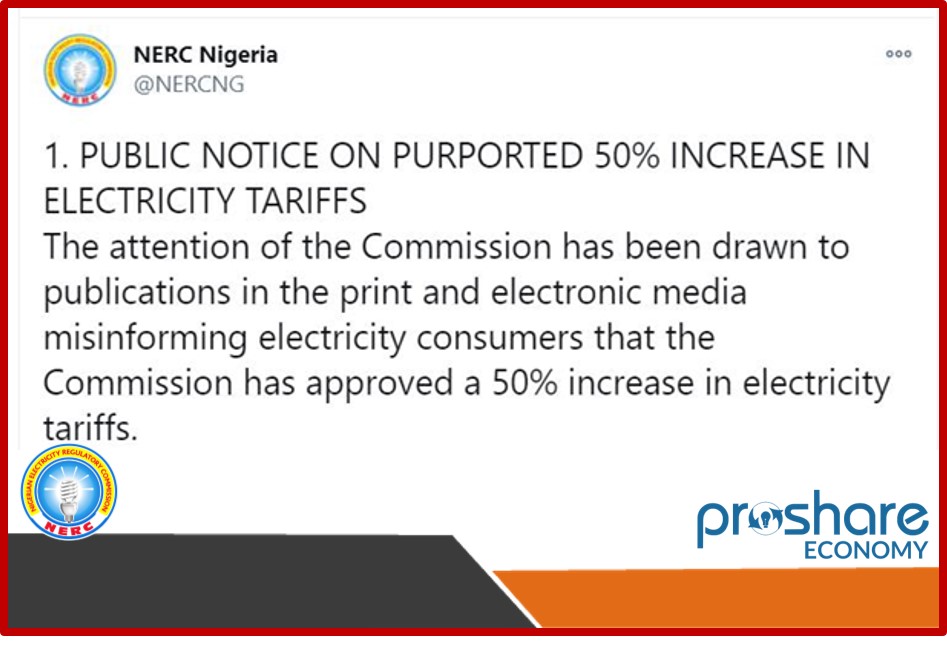
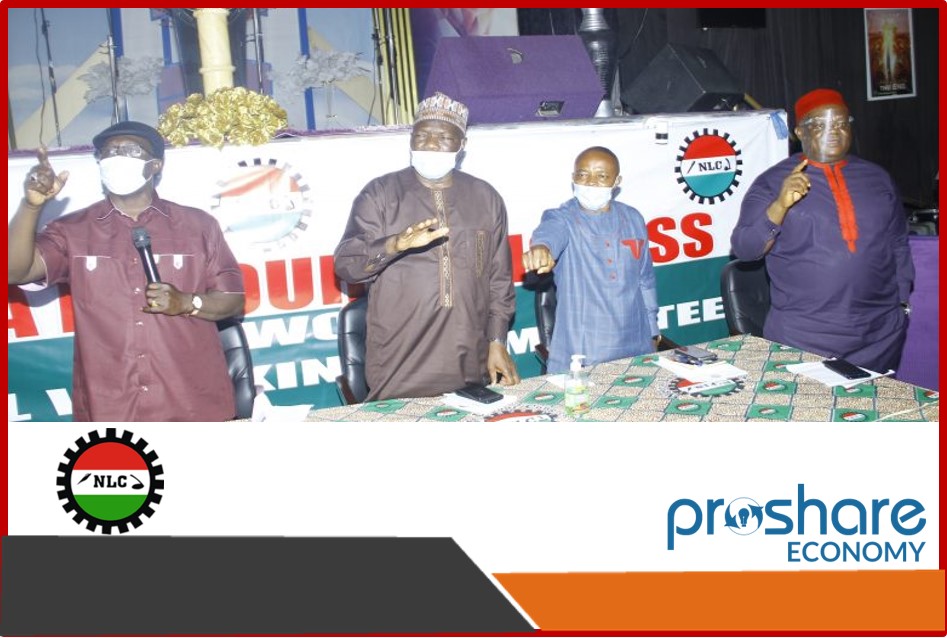
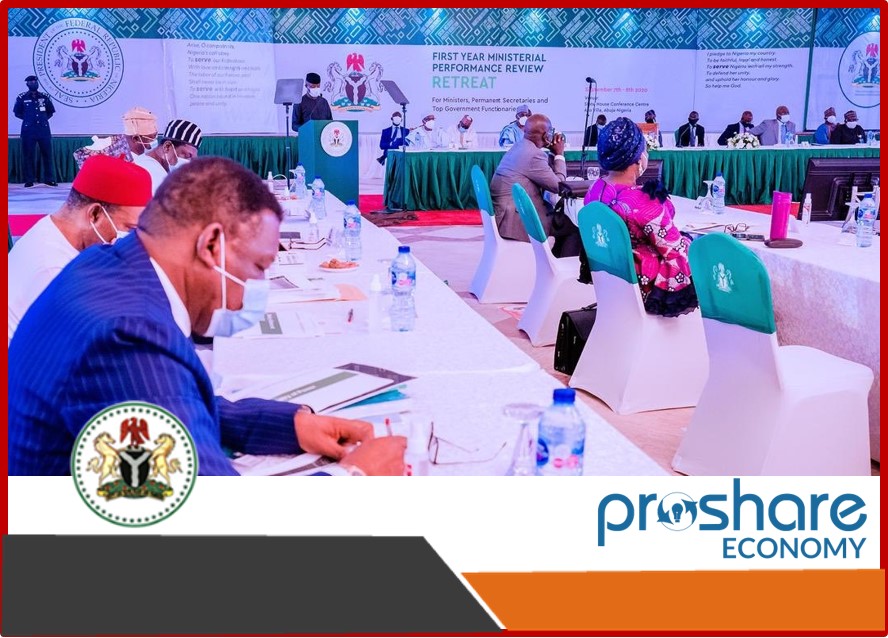
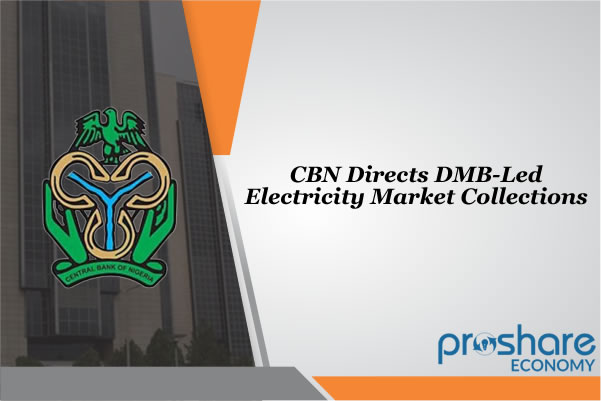






 Sponsored Ad
Sponsored Ad
 Advertise with Us
Advertise with Us









